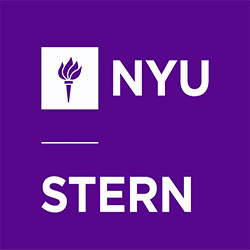Joseph Schumpeter, one of the most important economists of last century, related growth with the capacity to innovate. He coined the term “creative destruction” to describe the process of disrupting old habits (products, services, practices, etc.) for new ones. He saw capitalism as the most useful system to incentivize the impactful power of entrepreneurs to create and deliver value for improving quality of life for people.
In the last decades we have witnessed new technologies maturing in parallel, and due to the pandemic, many trends have accelerated. A lot of capital has moved from traditional industries to nontraditional, and new technologies and startups are disrupting old and long-lasting industries. This is supported by based technologies like cloud, IoT, 5G, blockchain, among others, that have been granting more innovation.
So why is it important to understand this? Innovation is uncertain and nobody can predict the future, but it does have patterns. Understanding how disruption has behaved in the past can allow us to understand in what part of its development each technology is located. Sometimes, technologies are received with a lot of echoes by the market, and we may think that they won’t stop until they have been generalized and used in many fields. Many times, this is only hype, fueled by a trend that won’t last. In order to improve, they may need more time, more capital, or perhaps the technology is not disruptive or useful enough.
Innovation normally coexists between three edges: technology, business, and regulation. Therefore, a Tech MBA is incredibly relevant. The program uses technology as a toolkit for facing business challenges in a way that creates and delivers value. There are cases in which is the problem involves more than simple business, like health tech, and understanding these concepts helps us drive impactful change.
We are living in a time in which most industries are trying to transform into tech. This transformation could be in how they reach their clients, in the experience that their customers have, in production, or in how they use data (among MANY others). Stern’s Tech MBA combines resources and knowledge to be able to connect the dots, lead teams, create capabilities to build a stronger vision for facing the future.
